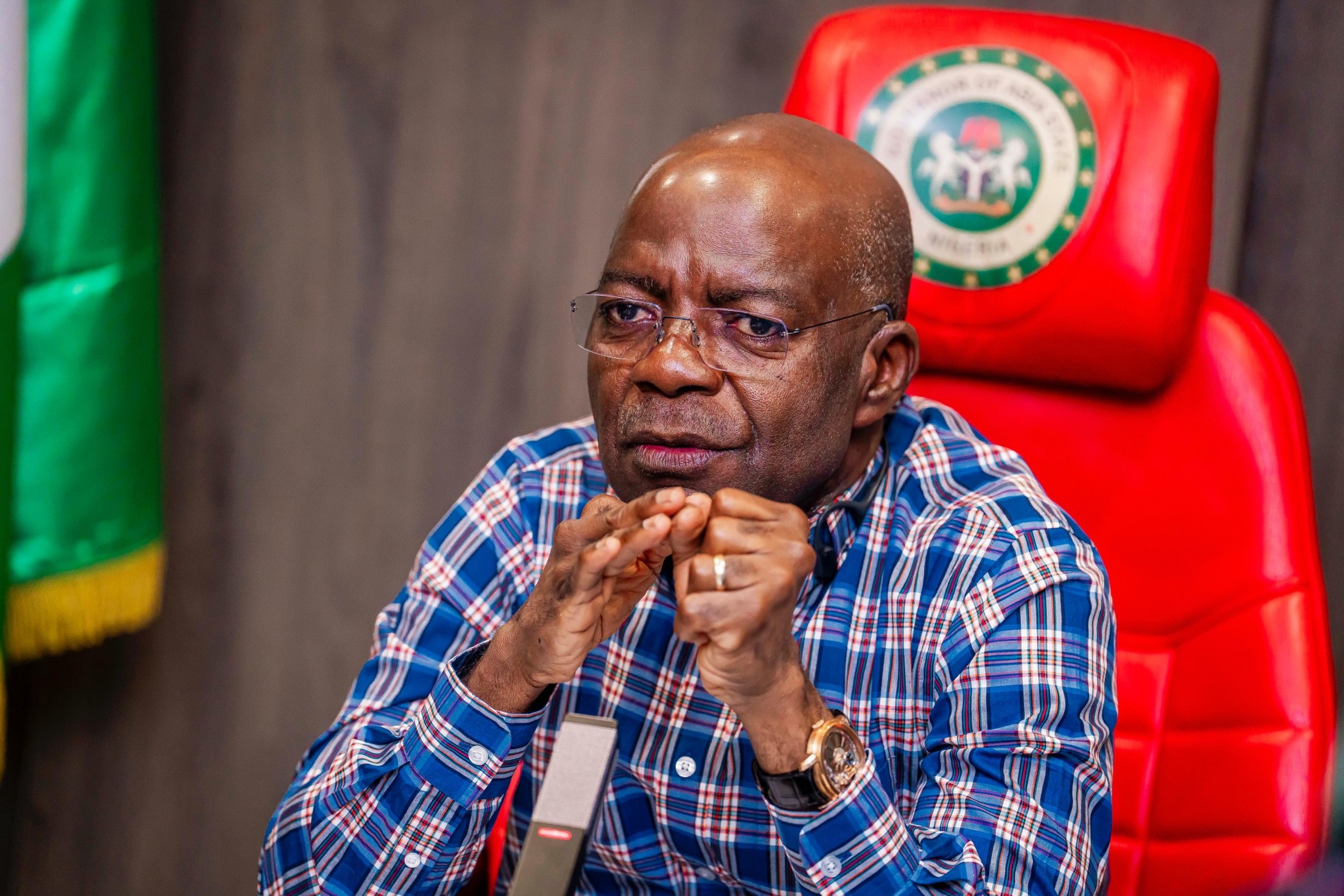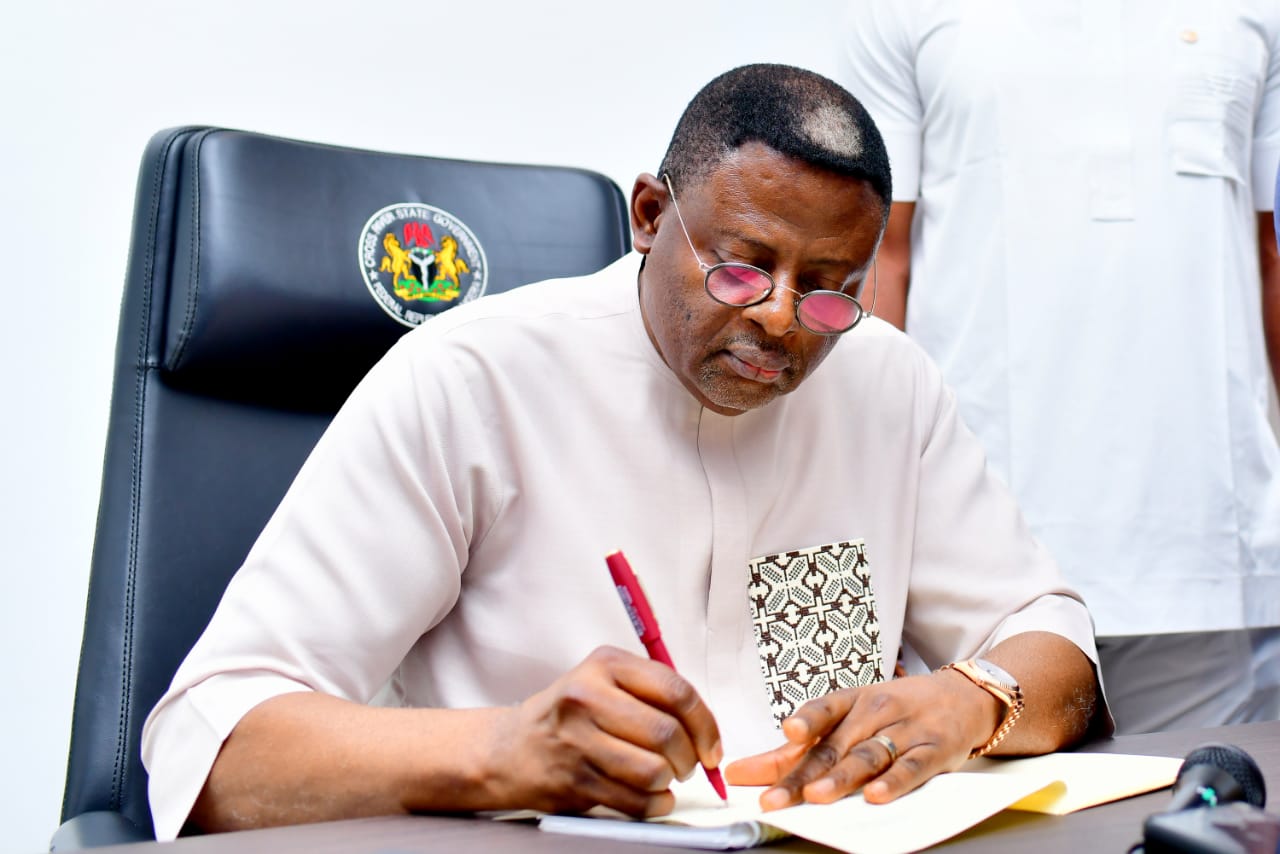Oghenevwede Ohwovoriole in Abuja
The Minister of Communications, Innovation and Digital Economy, Dr. Bosun Tijani, has underscored the necessity of standardised website design for public institutions in order to bolster citizens’ interactions and trust in government activities.
Tijani spoke yesterday in Abuja at the opening ceremony of a two-day workshop on co-creation of a national standardised web design for public institutions.
The workshop was organised by the ministry and the National Information Technology Development Agency (NITDA), and funded by the Aig-Imoukhuede Foundation.
Tijani noted that many citizens do not interact with, or trust the government due to the absence of standardised technology enabled channels.
He said, “We all know that there’s a strong challenge of trust deficit in the world; all over the world. And that trust is tied to one major thing.
“That one major thing is the desire by people for their governments to serve them better.
“That’s the one main reason. But what we have seen over the years is that there is a strong platform and pathway to being able to serve people better, and that’s technology.
“So, when we talk about technology, many people don’t actually understand the depth and importance of technology.
“Ask yourself, what are those things that you demand from your government? You want to pay your tax; you want the process for that to be seamless. You want to register your property; you want the process to be seamless. So, when we talk about technology, people actually don’t get that it’s at the core of everything we do in society.
“It’s not just a tool that is good to have. It’s a tool that is the pathway for raising the level of productivity.”
Speaking on the importance of having a standardised national web design, he said it was not just about websites, but about the entire way in which technology is applied.
“And if you doubt whether this is important or not, look at some of the best countries in the world where the level of trust between government and the people is extremely high.
“These are countries where the government has figured out that to be able to serve their people in every corner of their nation that technology is the only pathway,” he stated.
The Director General, NITDA, Kachifu Abdullahi said, “Our citizens are online. Therefore, the government needs to meet the citizens online. The only way the government can meet citizens online is by providing this kind of channel, the web app channel, so that people can meet the government.
“We are doing this initiative to redesign and develop a standard for government websites, so that we can provide a unique, engaging, and memorable experience to our citizens when they go to government services.
“That’s the only way that we can get their attention, and we get them to come back to consume those services. So, without this standard, it will be difficult for us to achieve that.”
The Chairman, Aig-Imoukhuede Foundation Mr. Aigboje Aig-Imoukhuede, in his remarks said he has been working as a reform partner to the nation’s public sector.
“My Foundation, the Aig-Imoukhuede Foundation has been working as a reform partner to Nigeria’s public sector for almost 10 years and I can tell you authoritatively that the internet and digital technology can potentially transform the value that public sector stakeholders, both internal and external, receive from government.
“Over the years, we’ve worked closely with the public service to improve service delivery, and central to that is how the government engages with citizens.
“This initiative that we are engaged in today will therefore redefine how the government shows up in the lives of Nigerians, going forward. That is why we at the Aig-Imoukhuede Foundation are supporting this effort,” he said.
The Director of Programmes, Aig-Imoukhuede Foundation, Chioma Njoku, said, “Our aim is to change the narrative about public service delivery. That’s why we have done research on the gap between Nigeria and the western countries and we intend to close the gap.
“When it comes to making policies that will drive change; we make sure that all stakeholders are involved: government, private sector, youth, public servants, Civil Society Organisations (CSOs), and all development partners.”



